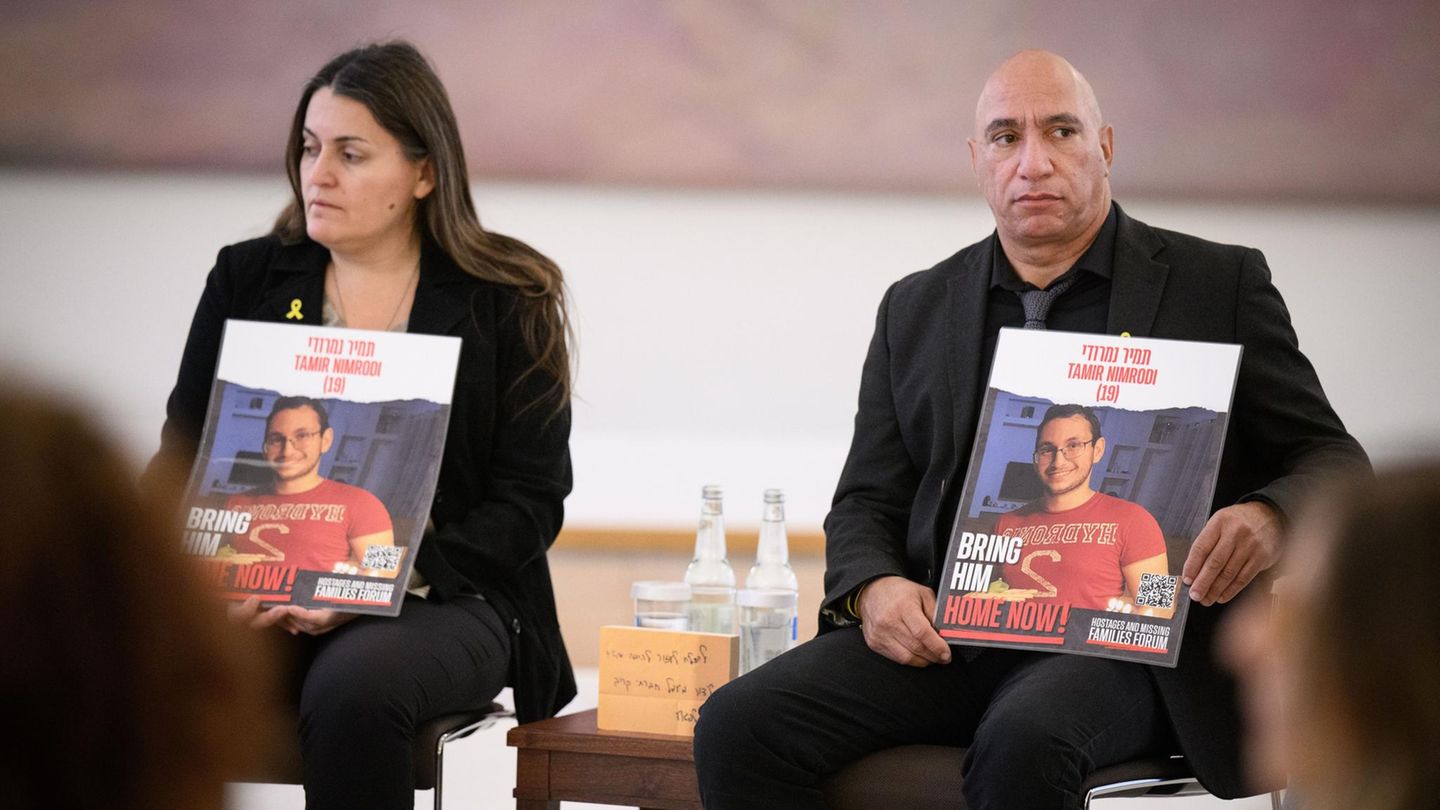Image: colourbox
Torture, racism, disturbing pornographic content – children are exposed to content on social media that they simply cannot process, almost unfiltered and constantly. According to Silke Müller, digital ambassador for the German state of Lower Saxony and best-selling author, those under 14 in particular “do not have the resources to classify such things”. The extent of the damage in the future simply cannot yet be estimated.
This is one of the reasons why Müller called for a political rethink at a press conference yesterday: “Children under 14 simply shouldn’t be allowed to own a smartphone.”
For Müller, who is also the director of a school, it is clear that “as a society we are currently failing to prepare our children for the world – values such as democracy and peacefulness are currently being abolished on the Internet.” Because deliberately spread false information is also increasing, “and experience has shown that even adults often have difficulty recognizing it.”
- Also read: “We have young people who only live in the virtual world”
Simple reward mechanisms in the application interfaces of social networks fuel addictive behavior in many young people. For Müller, the use is alarming; according to studies, one in three children is already addicted.
According to the Upper Austrian “Youth Media Study”, almost every young person uses at least one social network (see graphic). In addition to the messenger service WhatsApp, the most used platforms also include the social networks Instagram and TikTok.
Trends, bullying, abuse
TikTok in particular poses a potential danger due to various “challenges” that must be made aware. Just last weekend, an eleven-year-old boy from the British county of Lancashire died. His death is most likely related to the “huffing” trend. Children and young people show in short videos how they inhale fumes from cleaning products or deodorant sprays in order to get high.
Thomas L. inhaled a poisonous gas – and suffered a cardiac arrest, from which he died a short time later in the hospital.
According to Müller, the “completely new dimensions” of bullying that have arisen through the Internet should not be underestimated. Social networks also played a crucial role in the case that became known a few days ago of a girl in Vienna who had been sexually abused by other young people over a period of months. The alleged perpetrators threatened the 13-year-old that they would publish videos of the attacks if she did not continue to obey them. “We simply need more awareness,” says Müller, holding parents and teachers responsible. Conversations about the dangers of the Internet should be on the agenda. “Children need clarity, then they listen differently.”
- You might also be interested in: Why smartphones are banned in a small town in France
However, you don’t have to expect much from the platform operators. “TikTok, Snapchat and Co would actually be responsible for what is accessible to minors in their apps, but they are currently acting very cautiously.” According to Müller, TikTok boasts of employing 40,000 people just to delete content, but with a billion users this is “a drop in the ocean.”
Just a few weeks ago, Müller gave a speech in the EU Parliament to representatives of the above-mentioned companies: “None of the companies are working on solutions to protect young people, which left me stunned.”
Connect and provide answers
Silke Müller will also be a guest speaker at the annual “Violence-School-Media” networking meeting next Friday in the Linz Castle Museum. Around 280 educators have already registered. The aim of the event is to strengthen teachers’ media skills in times of digital change and also to make them more aware of problems and conflicts in the digital space. Together we want to try to “give answers,” says Deputy State Governor Christine Haberlander (VP).
According to Peter Eiselmair, managing director of the Education Group, which is organizing the networking meeting, the negative influences of digital media are now “noticeable in everyday school life”. Thanks to advances in artificial intelligence, we will soon have reached a “new level; the problems are not getting any less.” This is also why there is a need to teach “digital ethics” in schools, as Andreas Riedl, designated director of the Digi-AHS in Leonding, says. Young people need to form a basic foundation when it comes to using social media.
My themes
For your saved topics were
new articles found.

info By clicking on the icon you can add the keyword to your topics.
info
By clicking on the icon you open your “my topics” page. They have of 15 keywords saved and would have to remove keywords.
info By clicking on the icon you can remove the keyword from your topics.
Add the topic to your topics.
Source: Nachrichten




